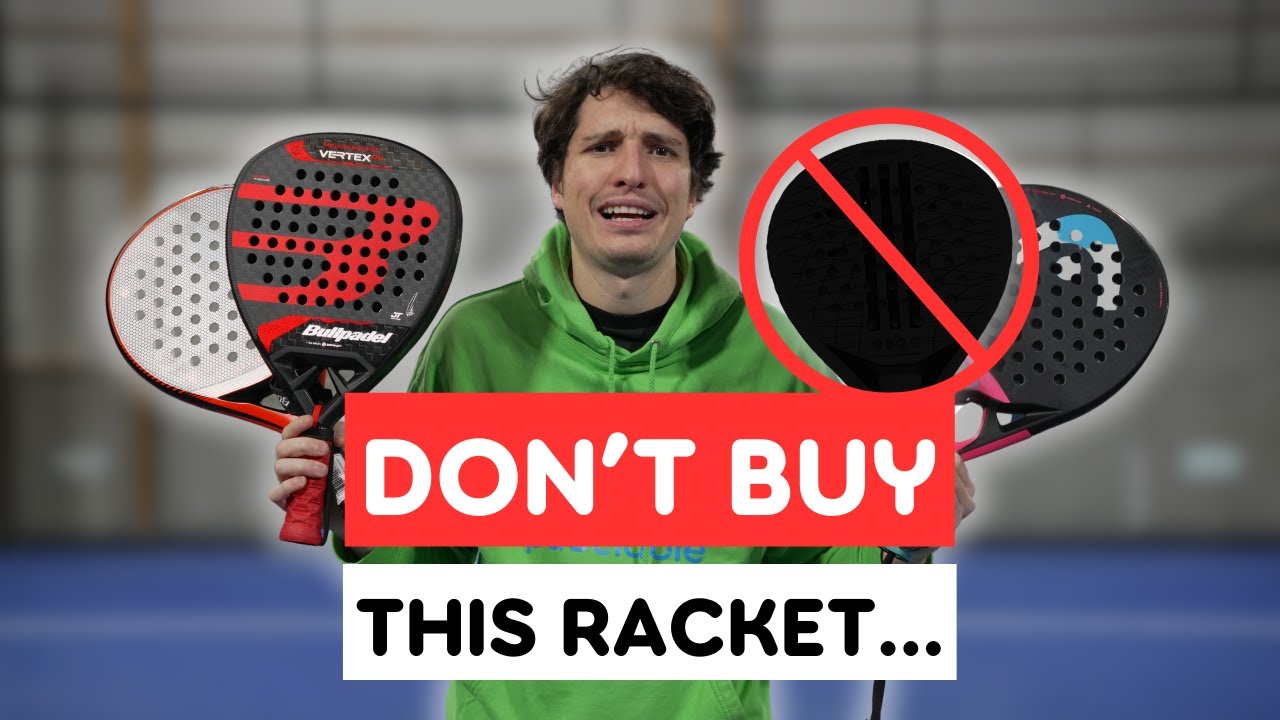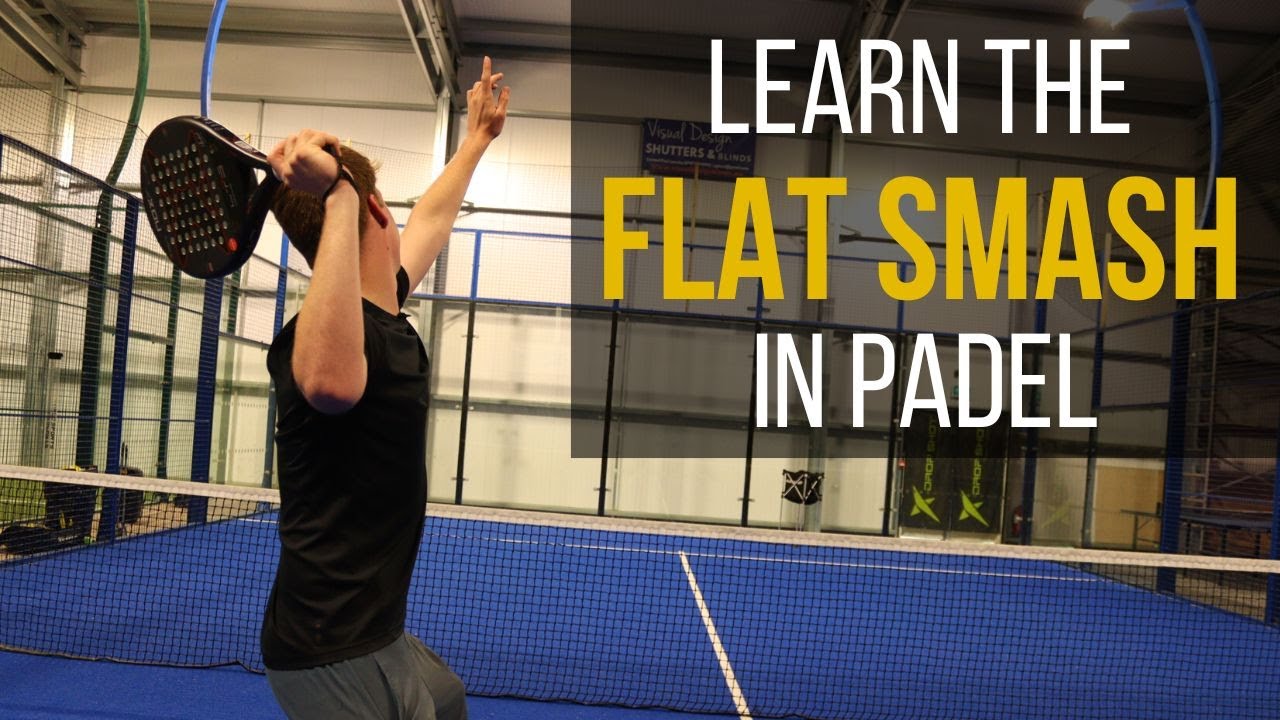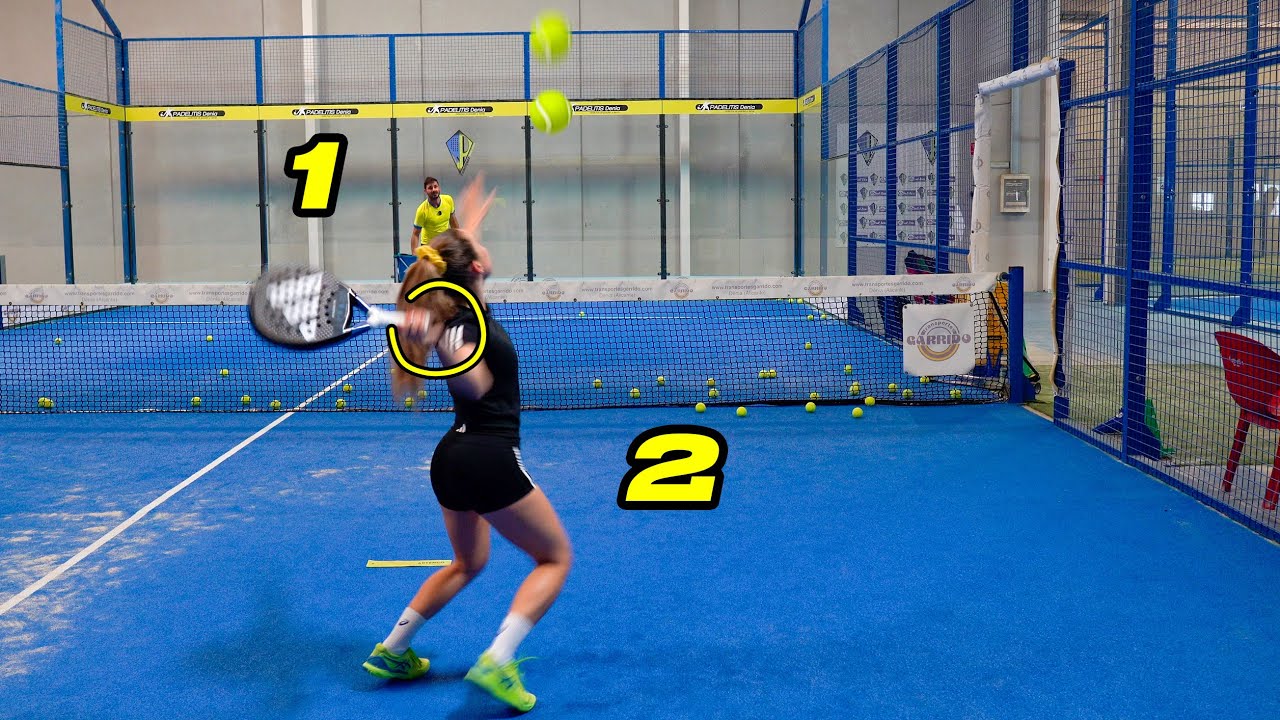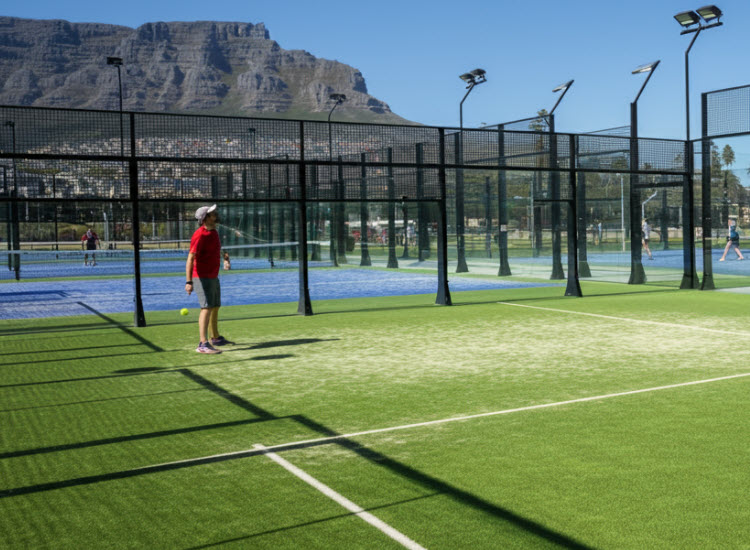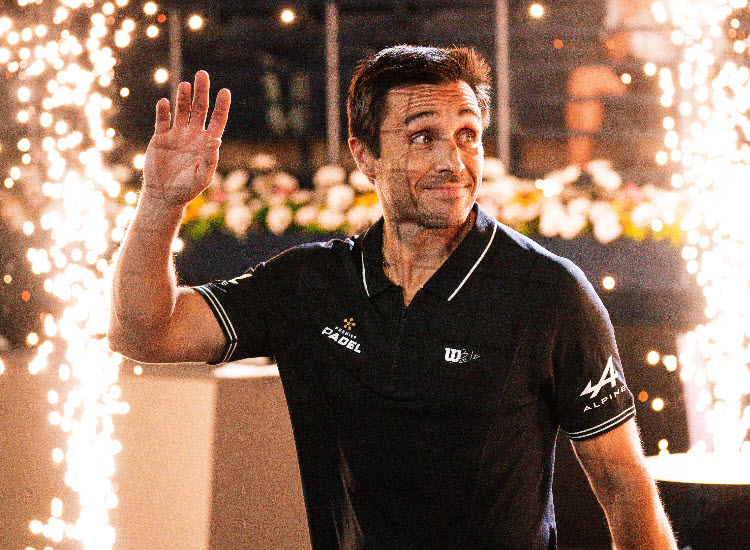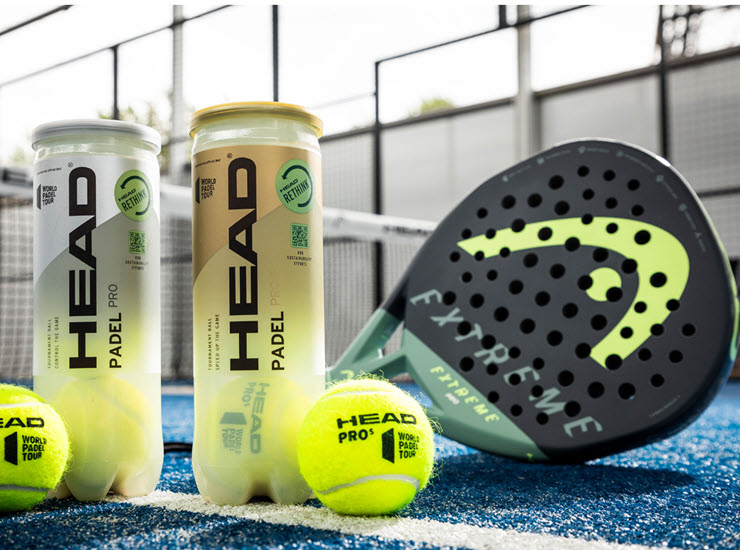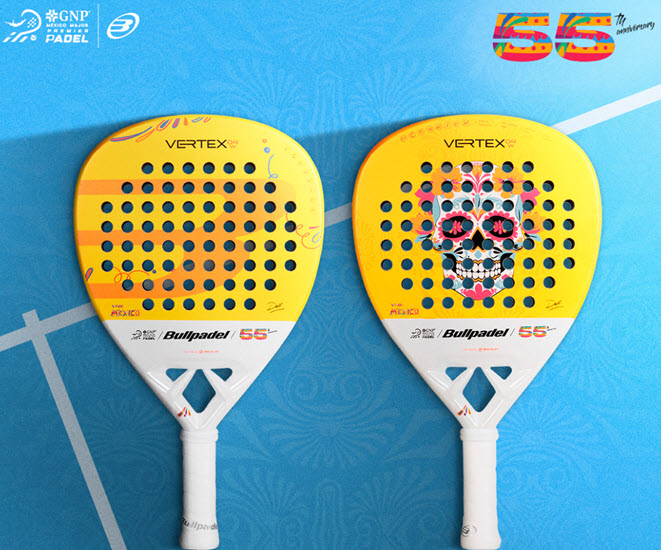
We frequently leave the court without really knowing how we played, which is why the result was what it was. This is, of course, what happens when we lose, and it’s quite likely that we’re doing some of the most common padel mistakes.
If you don’t know what we mean, be ready to pick up some knowledge that could change the way you play padel. No more losing and not being able to learn from it. Grab a pen and paper, and go over each of the mistakes we’ll be talking about in detail.
Errors, both mental and technological
In all of this, it’s not as simple as simply taking additional paddle tennis classes or changing instructors. The fact that these errors are not merely technical makes the situation worse.
This is the kind of situation when strategies are quite crucial. The way we approach games, evaluate the competition, and figure out how to best take advantage of their flaws is the key to success. However, there’s one more item to think about.
The mind can be a powerful ally or an opponent that tricks us. In padel, mental errors are significantly more common than we may imagine and can seriously affect how our matches turn out.
Technique and strategy are key to winning a match.
We start talking about the two areas we are most likely to be aware of while talking about the mistakes we make. Because using good technique is essential to becoming a better player, it leads us to make mistakes that we may easily avoid.
Among the most common is mishandling the grasp, which makes it difficult for us to move when throwing a particular punch. In a same vein, we usually come late for balls because of restricted foot movement. It is our responsibility to maintain the game’s energy and interest at all times.
If they wish to be a rock in the defense, many amateur players make the error of not bending their legs. We should also try not to play too hard all the time and be mindful of where we set our feet and racket when striking. Each ball must be understood.
Create the plan with your team.
We’ll talk about tactics next. The most common mistake in these situations is not scheduling the match before taking the court. It makes sense to reserve improvisation for a different situation.
Furthermore, we cannot attempt to present paddle tennis in its entirety because it is a game full of unexpected surprises at every turn. We would still need to offer the things that depend on us our undivided attention in spite of this.
It’s crucial to remember that in this case, a paddle tennis couple comprises of two people. Even though it can seem obvious, you should always keep this in mind and work with others to achieve the best results.
Mental errors affect a person’s racing performance.
Now let’s focus on the last category of common paddle tennis errors. True, these mainly have to do with our mental toughness, but they also have an impact on our bond with our partner.
In this sense, the internal dialogue we engage in throughout a point can lead us to overlook a shot that wouldn’t have otherwise given us any significant issues. Remain focused on the here and now and do not let your thoughts wander.
We’ve talked about how crucial it is to keep a good relationship with our court partner and how we should exert all of our effort to do so. We sometimes tend to place too much blame on him when we lose a point, which just weakens our sense of security and mutual trust. He tries to be cooperative and understanding.
We frequently underestimate our opponent more than is required. Believing that we are incapable of defeating the couple in front of us has the opposite effect. Being overconfident can lead to thoughtless mistakes and the loss of a game we were sure we would win.



